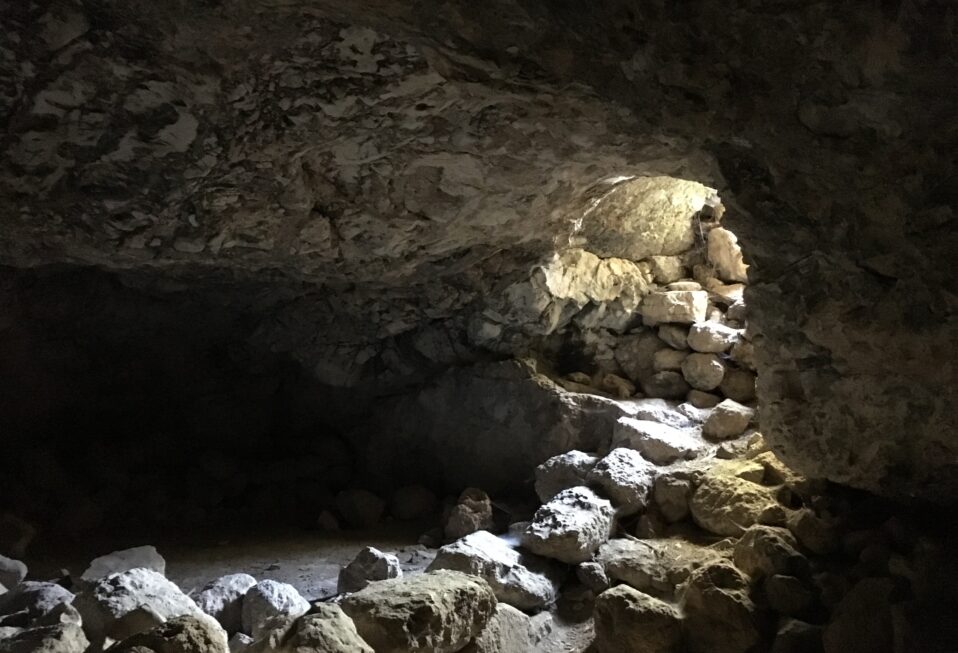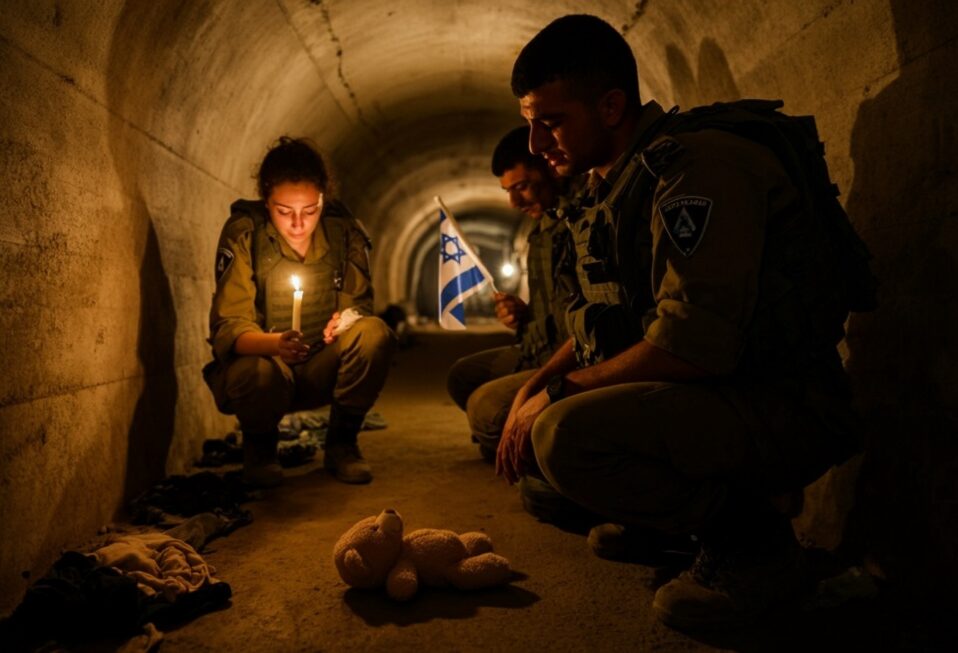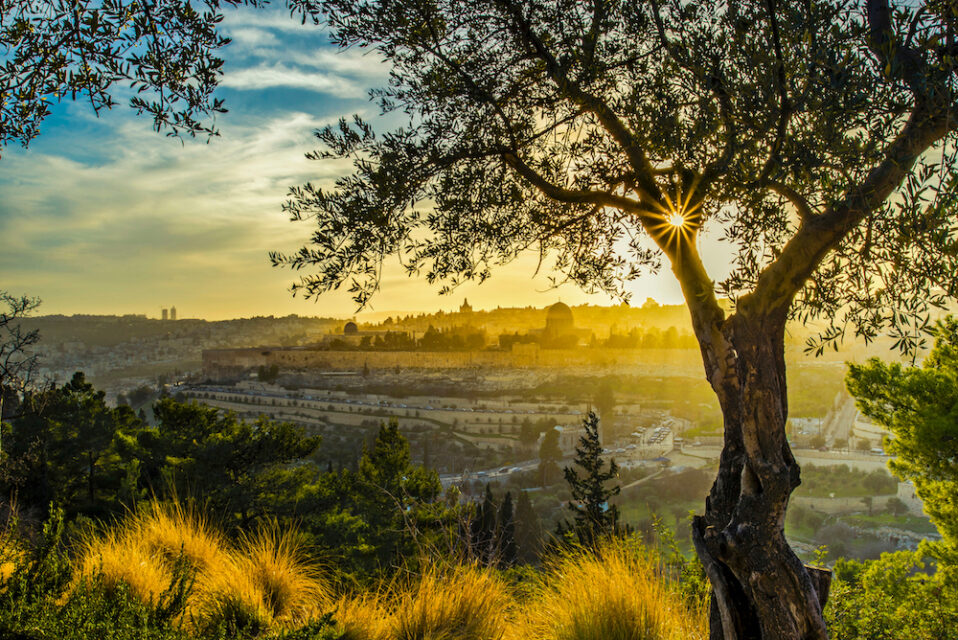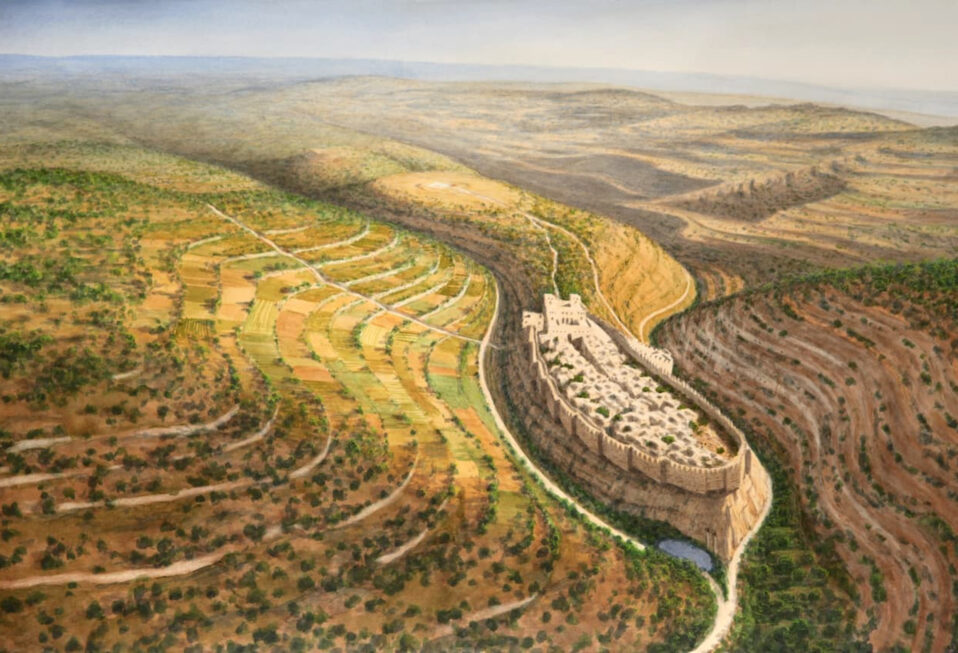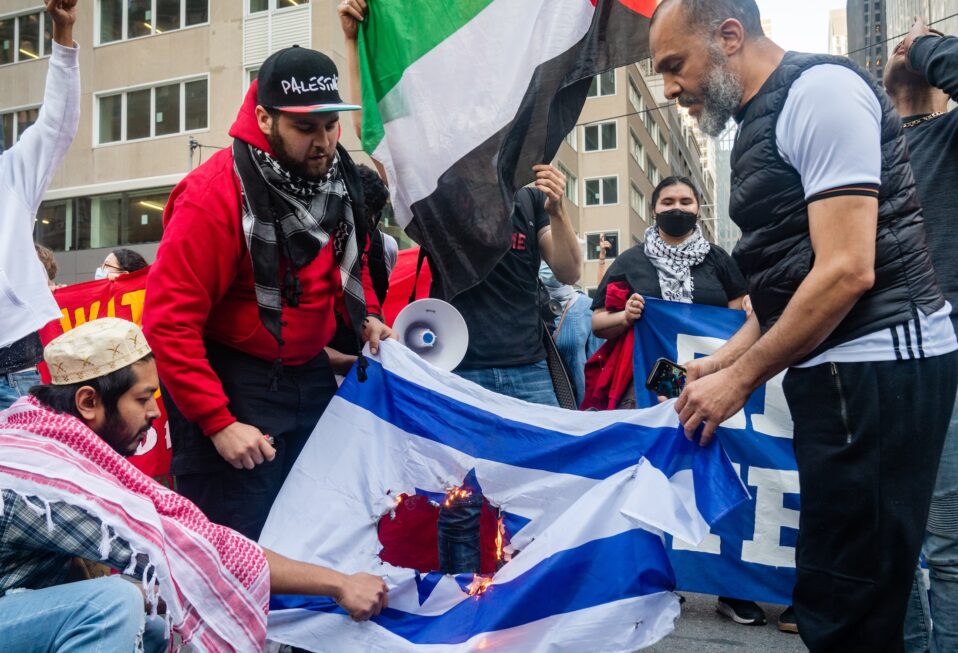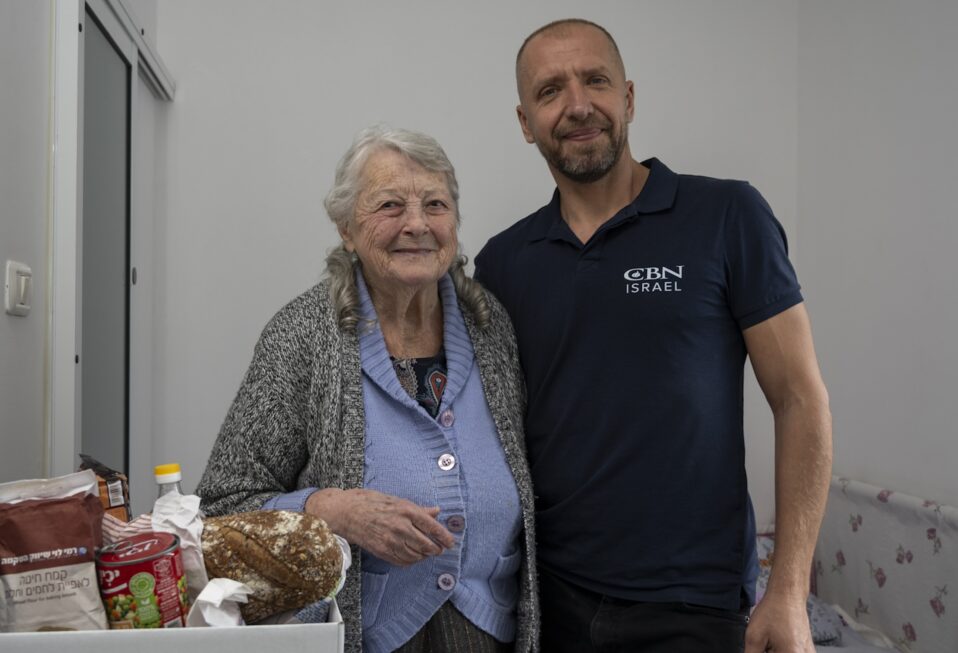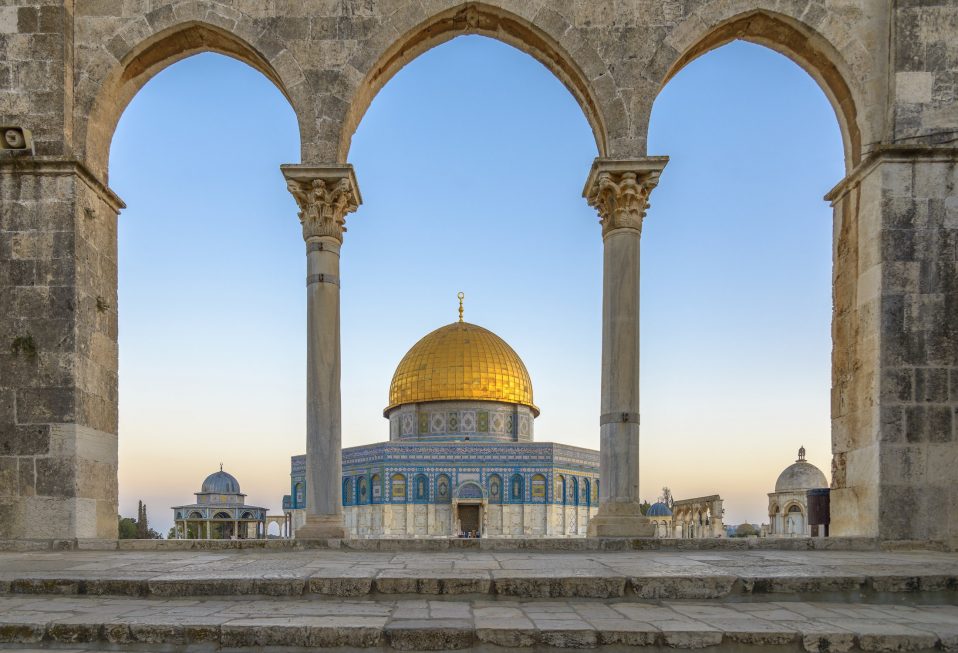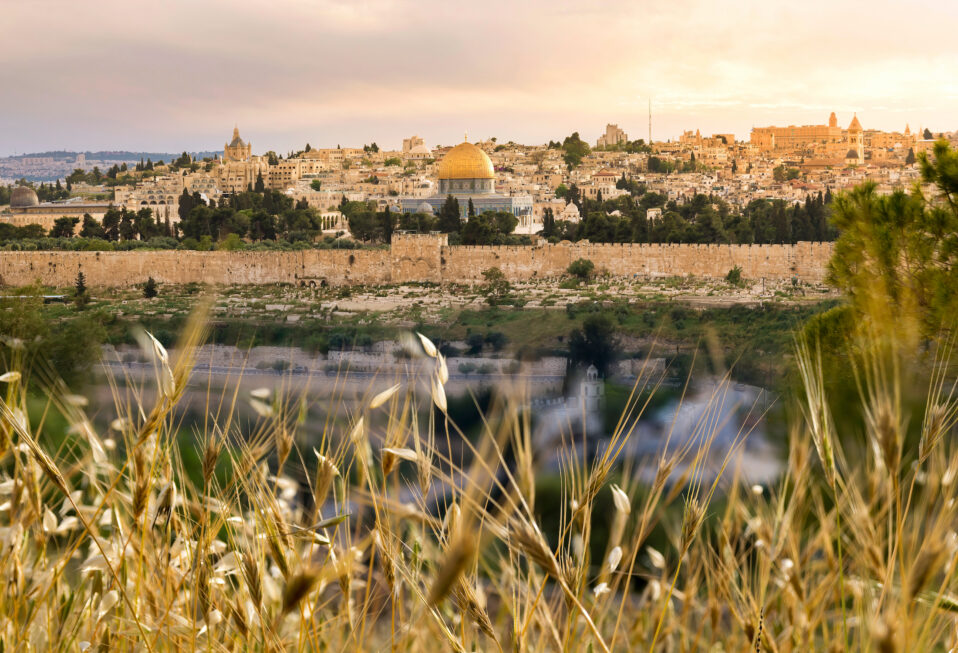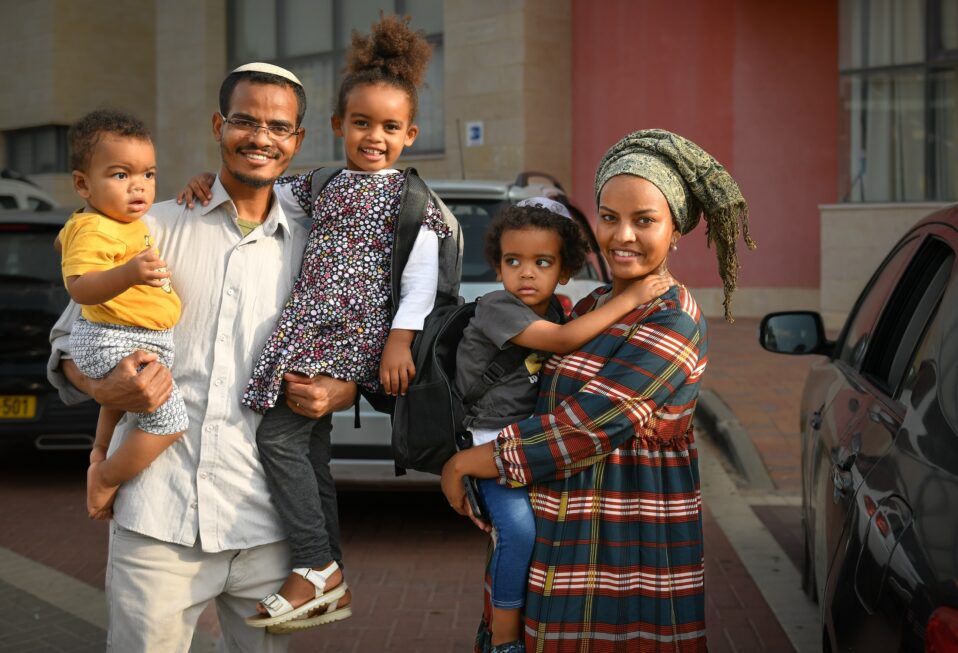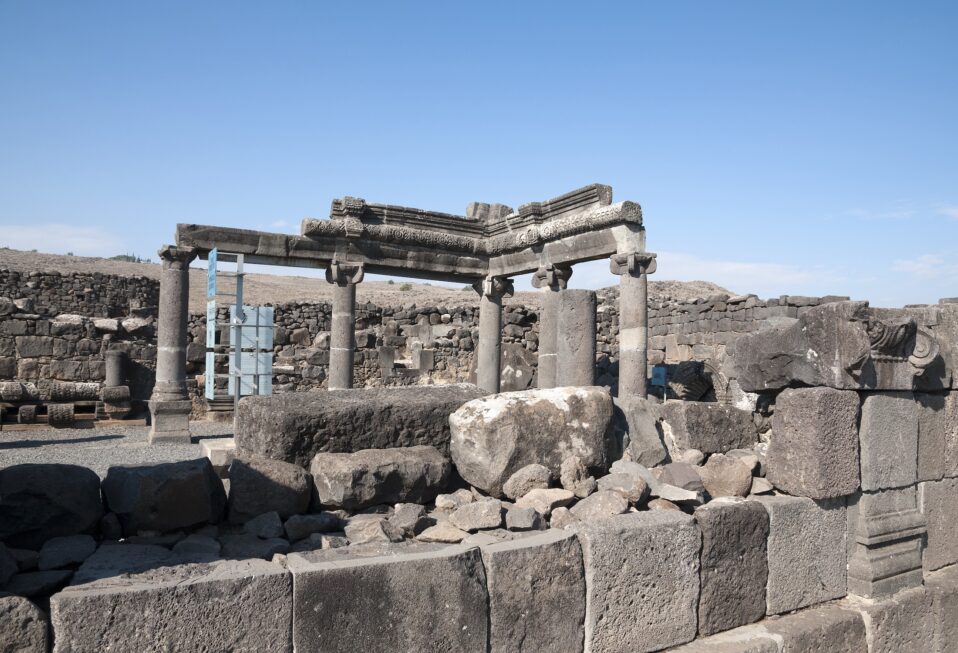By Arlene Bridges Samuels
The shocking May 21 murders of a soon-to-be-engaged Jewish couple is still reverberating among Jews, Christians, and people of good will. Sarah Milgrim and Yaron Lischinsky—who had been on staff at the Israeli Embassy in D.C.—have been laid to rest: Sarah in Overland Park, Kansas, and Yaron in Jerusalem. On June 1, another terrorist, this time an illegal alien, threw homemade Molotov cocktails into the Jewish crowd at a peaceful pro-Israel rally in Boulder, Colorado—setting some on fire. Twelve innocent people suffered injury, some critically.
The national Run for Their Lives rallies—peaceful run/walk events—spotlight the freeing of hostages from Hamas. However, the attacker shouted his cold-blooded message: “Palestine is free” and “End Zionists.” The violence took place on the eve of the Jewish festival Shavuot, which Christians call Pentecost.
Our unity with the Jewish community is more essential than ever amid today’s outbreaks of evil. Wherever possible, we must choose to oppose lies with truth. Gaining more education about the nature of radicalized minds is essential, especially if we have not directly encountered embedded evil. Yet, the rampant, outsized propaganda too easily reported by mainstream media is often overwhelming, making it easy to say, “What’s the use? I am only one person!”
The first step is choosing to obey God’s unbreakable biblical mandates about Jews, Israel’s indigenous people. The next is to realize that each of us is no longer just one person. We are uniting with millions of Christians and Jews—growing into a force to be reckoned with.
Although Nazi propaganda focused mostly on Europe, now—with the aggressive power of social media—the entire globe is infected with lies aimed at Jews and Christians. Now, lies travel at warp speed. And the vastness of such propaganda pounds lies into minds, thereby erasing facts.
In John 8:44, Jesus clearly described the origin of lies when confronting the Pharisees: “You belong to your father, the devil, and you want to carry out your father’s desires. He was a murderer from the beginning not holding to the truth, for there there is no truth in him. When he lies he speaks his native language, for he is a liar and the father of lies.”
Last week, I listened to Chuck Holton’s expert explanation of lies based on Jesus’ words about the origin of lies. At this time in world history, we face the dangerous byproducts of around-the-clock indoctrination. Chuck has been a war correspondent with CBN News since 2003. He hosts The Hot Zone, offering authoritative analysis and perspective.
Chuck explored minds radicalized by intolerance—the intolerance of opposing views, embracing violence, and rejecting the existing social order. These are not mental illnesses. Those with mental illnesses do not choose to have a mental illness. Rather, they want to learn how to navigate their brain disease, choosing to live full lives and making a helpful difference for others.
He describes the perpetrators in the Middle East, Europe, and now in America as operating out of ideological possession. The word “ideological” or its root word, ideology, is defined as a set of beliefs/ideas, especially about politics, economics, or society. It is a blueprint for how to think and act. Extreme identification with a belief system can lead to fanaticism and a propensity to engage in acts of cruelty toward others.
Chuck Holton’s insights reveal a terror blueprint:
- Ideological possession.
- A cause becomes a god.
- Reprograming the conscience.
- Erasing empathy.
- Mainstream media funneling lies.
- Internet algorithms shaping identities.
Ideological possession displays a sprawling pattern of how societies have been drifting into lawlessness since October 7, 2023. This often leads to a sense of entitlement or an obligation to commit violence against innocent Jews and the Christians who stand with them.
“Violent ideology can happen,” notes Chuck, “when a cause becomes a god.”
His observation helps explain degrees of terrorism—from murderers to masked demonstrators on college campuses using violent words, slogans, and memes to dehumanize Jews. An ideology becomes more than a belief system; it becomes someone’s identity, not just an influence on their behavior. The words reprogram the person’s conscience to where anything, absolutely anything, can be rationalized. Perceived enemies are not people. They are obstacles, “faceless others.”
Bowing down to a dangerous ideology is what happened via the American murderer’s ideological possession when he shot two peace-loving strangers to death. “Free Palestine” took over as the killer’s god. As Chuck noted, Sarah and Yaron were “only symbols of his hatred toward Zionism. His concept made murder noble.”
Holton describes ideological possession as seductive, giving the radicalized mind a purpose and a sense of belonging. The process finally results in erasing empathy. As Chuck points out, “With no empathy, brutality becomes thinkable. Before pulling the trigger or raising the knife, a murderer must have convinced himself that the targets are not fully human.”
Dehumanization begins with words. Someone is not a person; they are a problem. Debating Jews is resisting Zionists. Israelis are occupiers and baby killers. Jesus was a Palestinian.
Memes, slogans, and hashtags aid and abet the disappearance of moral guardrails to the point where murder, assaults, and slander are not wrong. History is full of this phenomenon. In the Rwandan genocide, the Hutus called the Tutsis “cockroaches.” Nazis called Jews “rats.” Otherwise-normal people become capable of antisemitic acts.
Internet algorithms shape identities and start to bleed into real life. No longer anonymous, terrorists are soldiers for the cause and the world they believe will notice them. They consider themselves heroic. Holton adds “that media should not say the name of murderers.” Relentless propaganda enabled by mainstream media overtakes minds that have abandoned biblical truths.
A glaring example from most mainstream media is an MSN article published about the Boulder attacks. In its last few lines it reads, “Israel’s subsequent military campaign has killed more than 54,000 Palestinians … said Gaza health officials.” Gaza health officials? It is actually Hamas that mainstream media have consistently used as their source—and Hamas promotes nothing but lies and propaganda.
Mainstream media then becomes an accessory to ideological possession and every Jew-hating act.
Mike Huckabee, our U.S. Ambassador to Israel, released this statement: “We are demanding an immediate retraction of the lies and are appealing to all media sources to act with objective professionalism to cover actual events instead of being a partner of terrorism by blindly following Hamas news releases.” The Ambassador highlighted the “reckless and irresponsible reporting by major U.S. news outlets … contributing to the anti-Semitic climate that has resulted in the murder of two young people at an Israeli embassy in Washington last month and the attempted murder and terror attack on a group of pro-Israel demonstrators in Colorado on Sunday.”
Slogans like “From the River to the Sea,” “End Zionists,” and “Free Palestine” are genocidal shouts. Since October 7, 2023, radicalized minds have left Jewish children orphaned, entire families wiped out, and demonstrators assaulting Jewish students. Chuck observes, “In a culture which abandons a biblical worldview, anything can be justified. By choosing an individual truth, feelings outweigh facts.”
As evangelicals acknowledge Jesus’ words about the origin of lies and become more educated, it is is crucial that we accept Chuck Holton’s admonitions to “carry light into the darkest places, not just mourn the victims. Let us honor them by standing for truth and refusing to let the world go numb.”
John Quincy Adams, sixth president of the United States, was a great anti-slavery president and later a member of congress. He repeatedly pushed resolutions and legislation against slavery to a unresponsive Congress. Let us adopt his quote as we stand with the Jewish community: “Duty is ours; results are God’s.”
Our CBN Israel team welcomes you to pray with us this week with an admonition from the Apostle John: If we claim to have fellowship with Him and yet walk in the darkness, we lie and do not live out the truth (1 John 1:6).
Prayer Points:
- Pray that Christians increase their courage in troubling times.
- Pray that Christians remain spiritually vigilant gaining strength in the Bible.
- Pray that the Jewish community receives encouragement from Christians.
- Pray for American Jews growing more fearful with antisemitic acts.
Arlene Bridges Samuels is the weekly feature columnist for CBN Israel since 2020. Working on the staff of the American Israel Public Affairs Committee (AIPAC) as their SE Regional Outreach Director for nine years, International Christian Embassy Jerusalem USA engaged her as the Leadership Outreach Director part-time for their project American Christian Leaders for Israel. Arlene is an author at The Blogs-Times of Israel, is published at AllIsrael.com and The Jerusalem Connection, and has traveled to Israel since 1990. By invitation, she attends Israel’s Government Press Office Christian Media Summits as part of Christian media worldwide. In 2024, Arlene and her husband Paul co-authored Mental Health Meltdown: Illuminating the Voices of Bipolar and Other Mental Illnesses. www.TheMentalHealthMeltdown.com.


